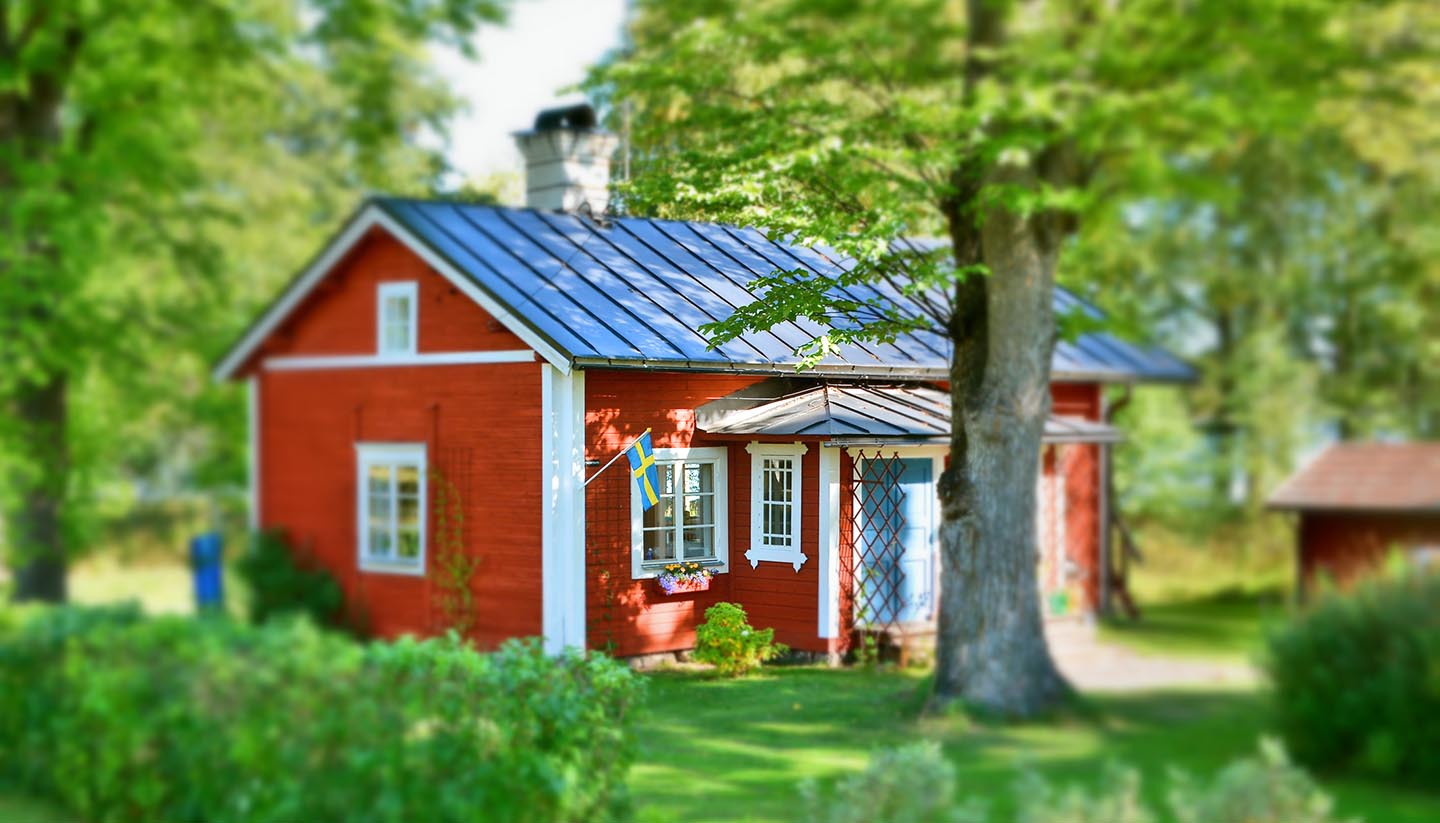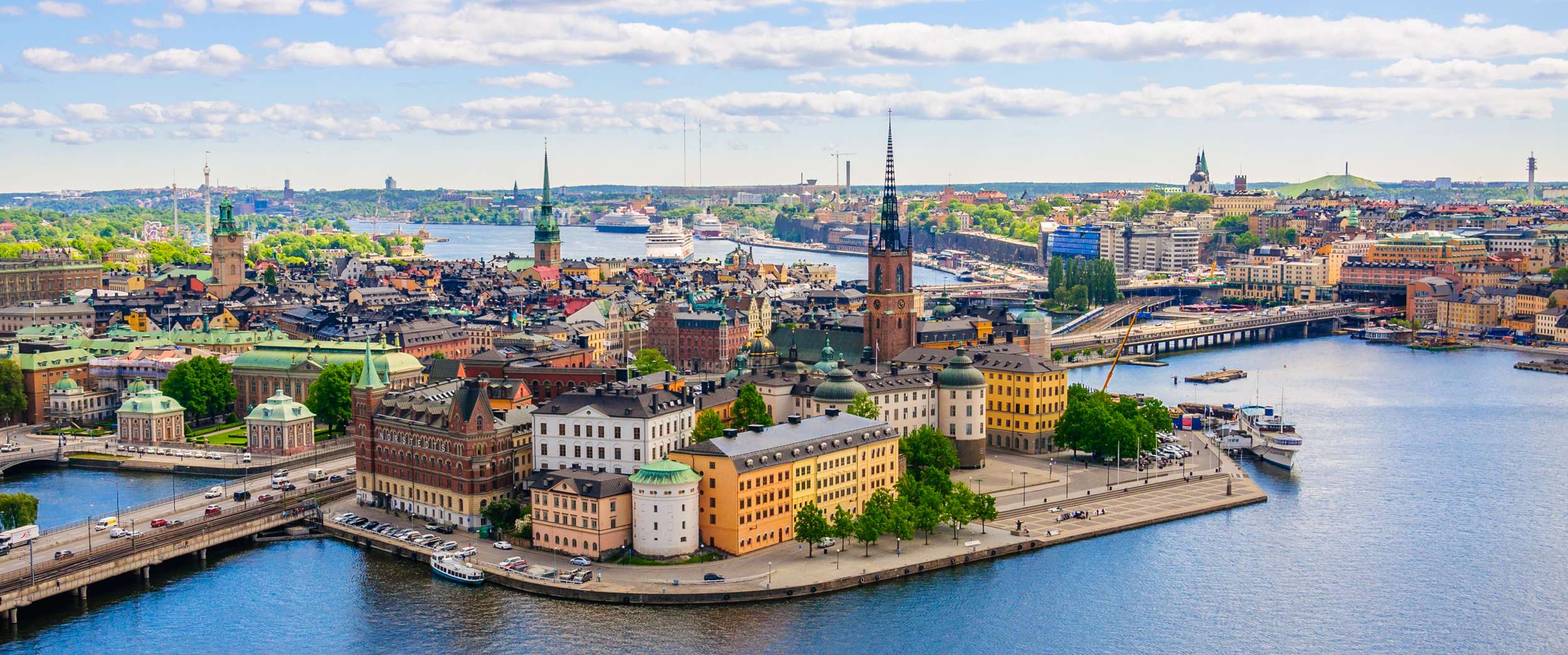Sweden: Doing business and staying in touch
Doing Business in Sweden
Swedes pride themselves on their cooperative, egalitarian spirit in the workplace. In theory at least, issues of status and hierarchy are considered to be of far less importance than in many other countries, with the majority of people using their first names in the work place. Elaborate deference is definitely out of fashion and the management style, in a similar style to Swedish government practice, tends to be consensual rather than authoritarian.
Since Stockholm is the capital, the city sees itself as setting the tone and pace for the rest of the country. Nevertheless, however relaxed Swedes are about power and authority, they are strict timekeepers and punctuality is expected for both work and play. Businesspeople are expected to dress smartly, with suits being the norm, although more casual attire is favoured in industries such as IT, media and internet businesses - here you can generally get away with wearing jeans and a shirt. English is widely - and well - spoken in most circles. Business cards are commonly used.
Swedes also tend to go straight to the point; personal chat is generally put to one side until the real business is done and dusted. Most business socialising is done away from the home, at bars and restaurants. Dinners tend to be quite boozy affairs, although at lunches water is often substituted for alcohol. 'Afterwork' – written and pronounced in English – is the Swedish Happy Hour, and usually starts around 1600. City bars and restaurants fill with crowds who have finished work for the day, to drink beer, wine and cocktails.
People in Sweden work to live, they don't live to work. Summer vacations are usually four weeks or longer, and to accommodate their employees, entire offices and small companies may shut around July and August. At midsommar, the summer solstice that falls around the end of June, towns and cities will be abandoned as Swedes head to their cottages in the countryside.
Office Hours
Flexible working hours are a widespread practice with lunch between 1200 and 1300. Normal office hours are 0800-1600, usually with an earlier finish on Fridays. It's not uncommon for parents to leave daily at 1530, to pick up their children from daycare.
Economy
Sweden boasts one of Europe's most advanced industrial economies and one of the highest standards of social welfare in the world. It is also the headquarters of a relatively large number of world-class multinational companies (Ericsson, Electrolux, ABB, AstraZeneca, IKEA, H&M and Volvo among them). A prolonged period of peace, which included a policy of neutrality during both World Wars, has contributed much to its economic development.
Well over half of the country is covered by forest, which supplies the raw material for the country’s wood-based industries (paper, wood pulp and finished products such as furniture), which account for 20% of Swedish material exports. The agricultural (mainly in the south) and fisheries sector is, however, fairly insignificant today, accounting for just 1.7% of GDP.
Sweden has a strong industrial sector that produces a number of major exports including machinery, vehicles, office and telecommunications equipment, iron and steel, wood products and chemicals. The country is rich in mineral resources, which include 15% of the world's known uranium deposits and large deposits of iron ore, copper, lead and zinc.
The annual GDP growth rate for 2017 was estimated to be 4%. This shows that Sweden has overcome the effects of the financial and economic crisis in Europe in recent years.
GDP
US$511 billion (2016)
Main exports
Machinery, motor vehicles, paper products, pulp, wood and chemicals.
Main imports
Machinery, petroleum products, chemicals, motor vehicles, iron and steel.
Main trading partners
Germany, Denmark, Norway, UK, Finland and the United States of America.
Keeping in Touch in Sweden
Telephone
Due to the ever increasing mobile phone use the last pay phones were dismantled in 2015.
Mobile Phone
Mobile phone coverage is available across most of the country, although it can be sporadic in very isolated or extremely rural areas. Most international networks also have arrangements with local providers.
Internet
Sweden is one of the world's most net-savvy countries, with a very high proportion of the population online. Wi-Fi is widespread in most towns and cities, with many restaurants, hotels and public spaces offering access. Internet cafes can be found in most major urban areas.
Media
Freedom of the press has been enshrined in Swedish law since 1776. The press is funded by a combination of government cash, private money and taxpayer-provided levies, with public TV stations funded by a license fee in the same way as the UK’s BBC. Media organisations are regulated by the Swedish Press Council, which deals with media-related complaints directed to it by the public-facing Press Ombudsman.
The Swedish public enjoys a wide variety of public and commercial broadcast services, although until relatively recently, public TV and radio had a near-monopoly of the airwaves. Digital terrestrial broadcasting was launched by SVT in 1999, in the face of much opposition from critics, including Social Democratic MP Maj Britt Theorin, calling for a prohibition on private ownership of satellite dishes. Swedes are also among the top consumers of newspapers in the world.
Post
Post boxes are yellow. Stamps and aerograms are on sale at post agencies and also at most bookstalls and stationers. Airmail within Europe usually takes between two to three days, but can take significantly longer if posting to a destination outside of the EU. Swedish post offices were closed down and replaced by postal agencies. Nowadays, postal service counters can be found in grocery stores, supermarkets, newsagents, petrol stations and corner stores.
Post Office hoursMon-Fri, 0800-1900; Sat, 0800-1400.




